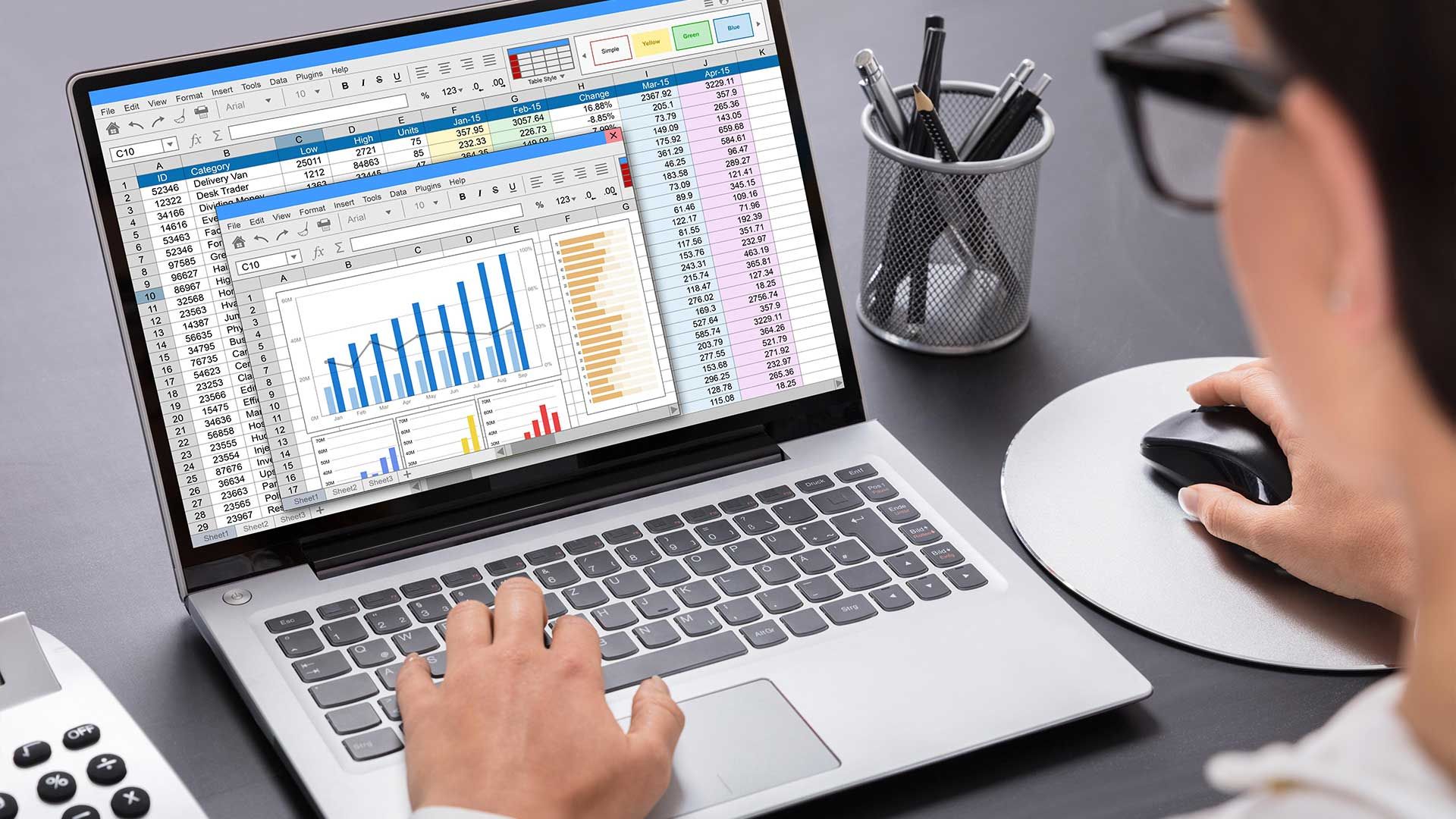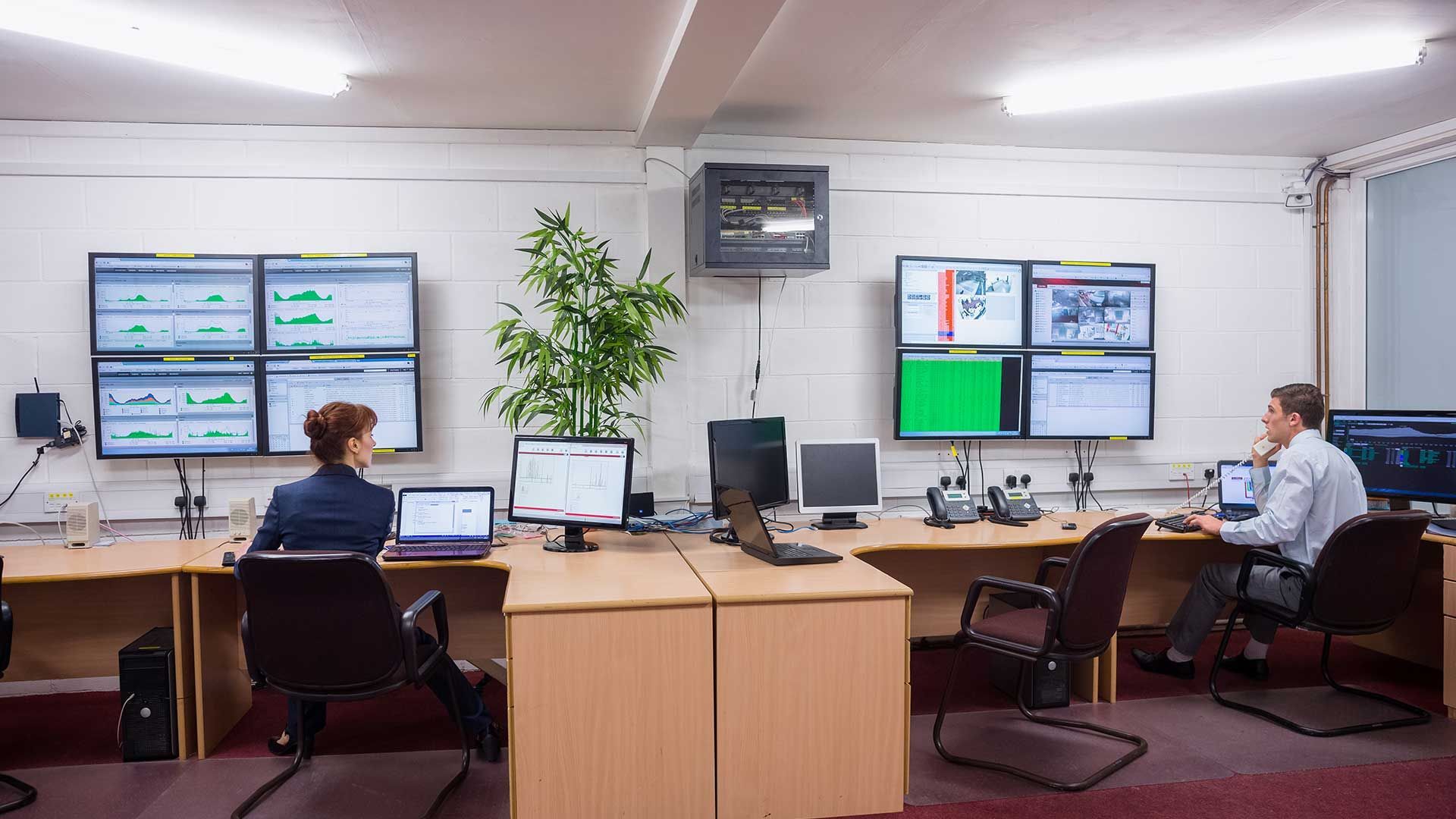Simplified Bookkeeping Tips: A Must for Small Businesses
When it comes to running a successful small business, one aspect often underestimated is bookkeeping for small business. While it may not be the most glamorous part of entrepreneurship, it's undoubtedly one of the most critical. Proper bookkeeping is like the compass that guides your business through the financial landscape.
In this article, we will simplify the world of bookkeeping and break it down into manageable steps that every small business owner can follow. You don't need to be a financial expert to master these essential bookkeeping tips; you just need the right guidance.
Small business owners often juggle multiple roles, from sales and marketing to customer service and operations. Amidst these responsibilities, maintaining a sound bookkeeping system is crucial for tracking income, managing expenses, and ensuring financial stability. So, let's dive into the fundamentals of bookkeeping and discover how it can be your
small business's secret weapon for success.
The Fundamentals of Small Business Bookkeeping
Understanding the fundamentals of bookkeeping for small business is like building a strong foundation for your entrepreneurial journey. At its core, bookkeeping is the systematic recording and organizing of financial transactions, allowing you to monitor your business's financial health.
One of its primary objectives is to keep track of your income and expenses accurately. This means recording every sale, every expense, and every financial transaction in a way that is clear and accessible. Small business bookkeeping serves as the financial memory of your company, providing a historical record of your financial activities.
Why is this important? Well, it's not just about satisfying tax authorities (although that's crucial too), but also about gaining insights into your business's performance. It helps you understand where your money is coming from and where it's going, allowing you to make informed decisions.
In the upcoming sections, we'll delve deeper into these concepts, making them simple and manageable for even the most non-financial of small business owners. So, let's continue this journey of financial literacy together.
Setting Up Your Small Business Bookkeeping System
Now that you understand the significance of bookkeeping for small business, it's time to set up your bookkeeping system. This system serves as the backbone of your financial management, ensuring that you have a clear and organized way to record transactions.
First, you need to decide between manual and digital bookkeeping methods. Manual bookkeeping involves handwritten records or using physical ledgers, while digital bookkeeping utilizes software and apps. Many small businesses now opt for digital solutions due to their convenience and accuracy.
Next, establish a dedicated space or folder for your financial records. This can be physical or digital, but it should be easily accessible and well-organized. Consider using file folders, cloud storage, or specialized accounting software to store your documents.
Lastly, develop a routine for recording transactions. Whether you choose to do it daily, weekly, or monthly, consistency is key. Set aside time to update your records and ensure that all income and expenses are accounted for.
By setting up your small business
bookkeeping system effectively, you'll pave the way for smoother financial management and better decision-making in the future.
Essential Bookkeeping Records and Documents
As you embark on your small business bookkeeping journey, it's crucial to understand the key documents and records that you must maintain. These records not only keep you compliant with tax regulations but also provide valuable insights into your business's financial performance.
1. Sales Records: Keep a record of all sales transactions, including sales invoices or receipts. This helps you track your revenue and customer payments.
2. Expense Receipts: Save receipts for all business-related expenses. This includes office supplies, rent, utilities, and any other costs incurred in your operations.
3. Bank Statements: Regularly review and reconcile your bank statements to ensure that your recorded transactions match your actual bank activity.
4. Payroll Records: If you have employees, maintain records of payroll-related transactions, including salaries, taxes, and benefits.
5. Tax Documents: Keep copies of tax filings, both federal and state, as well as any correspondence with tax authorities.
6. Purchase Orders and Invoices: Maintain records of orders placed with suppliers and invoices for inventory or services received.
7. Asset Records: Record the purchase, depreciation, and disposal of assets such as equipment, vehicles, or property.
8. Financial Statements: Prepare regular financial statements, including income statements (profit and loss) and balance sheets, to assess your business's financial health.
9. Contracts and Agreements: Keep copies of contracts, agreements, and legal documents related to your business operations.
10. Receipt Log: Maintain a log of all receipts and transactions, categorizing them appropriately for easy reference.
By diligently managing these essential bookkeeping records and documents, you'll not only stay organized but also have the necessary documentation for accurate financial reporting and tax compliance.
Tracking Income and Revenue
One of the fundamental aspects of bookkeeping for small business is tracking income and revenue. Your business's financial health greatly depends on maintaining a clear record of the money coming in.
To accomplish this, you should:
1. Document Every Sale: Record each sale, whether it's a product sold or a service rendered. This includes the date, customer information, and amount.
2. Create Invoices: If applicable, create professional invoices that detail the products or services provided, payment terms, and due dates. This helps ensure timely payments.
3. Payment Records: Keep track of all incoming payments. Note whether they were received in cash, check, or electronically.
4. Sales Receipts: Maintain sales receipts for cash transactions, as they serve as proof of income.
5. Bank Deposits: Regularly deposit income into your business bank account and reconcile your bank statements to verify that all income is accounted for.
6. Separate Business and Personal Income: Avoid mixing personal and business income. Maintain separate bank accounts to streamline bookkeeping.
Tracking income and revenue accurately is essential for understanding your business's financial performance and profitability. It also simplifies
tax reporting, ensuring that you pay the right amount of taxes and claim any eligible deductions. In the next section, we'll explore how to manage expenses effectively.
Managing Expenses and Deductions
In the world of bookkeeping for small business, managing expenses effectively is just as crucial as tracking income. By keeping a close eye on your expenses, you can maximize your deductions and maintain a healthy bottom line.
Here's how to manage expenses and deductions:
1. Record All Expenses: Document every business-related expense, from rent and utilities to office supplies and travel costs.
2. Categorize Expenses: Categorize expenses to easily identify tax-deductible items. Common categories include office expenses, advertising, meals and entertainment, and travel.
3. Receipts and Invoices: Keep receipts, invoices, and payment records for all expenses. This documentation is essential for tax purposes.
4. Mileage Tracking: If your business involves travel, track mileage for tax deductions. Several mobile apps can simplify this task.
5. Home Office Deduction: If you work from home, learn about the home office deduction, which can provide significant tax benefits.
6. Depreciation: Understand depreciation rules for capital assets like equipment and vehicles. Properly recording depreciation can reduce your taxable income.
7. Consult a Tax Professional: Consider consulting a tax professional to ensure you're maximizing your deductions while staying compliant with tax laws.
By meticulously managing expenses and understanding deductions, you can reduce your tax liability and improve your business's financial stability. Effective expense management is a critical aspect of successful bookkeeping.
Budgeting and Financial Reporting
As your small business grows, effective financial management becomes increasingly vital. Budgeting and financial reporting are powerful tools that help you understand and steer the financial trajectory of your enterprise.
Here's how to leverage these aspects in your bookkeeping for small business:
1. Create a Budget: Develop a budget that outlines expected income and expenses for a specific period, typically a year. A budget provides a roadmap for managing finances.
2. Monitor Actual vs. Budget: Regularly compare actual financial performance with your budgeted figures. Identify variances and adjust your operations or spending as needed.
3. Financial Statements: Prepare financial statements such as income statements (profit and loss) and balance sheets. These reports provide a snapshot of your business's financial health.
4. Cash Flow Management: Pay close attention to cash flow, ensuring you have enough liquidity to cover expenses and seize opportunities.
5. Financial Analysis: Analyze your financial data to identify trends, areas of improvement, and potential cost-saving measures.
6. Investor or Lender Relations: If seeking investments or loans, well-organized financial reports can instill confidence in potential investors or lenders.
Budgeting and financial reporting aren't just tools for large corporations; they are equally valuable for small businesses. They provide clarity, accountability, and the ability to make informed decisions that can lead to sustainable growth. In the next section, we'll discuss how to streamline your bookkeeping tasks efficiently.
Streamlining Bookkeeping Tasks
Efficiency is key when it comes to bookkeeping for small business. Streamlining your bookkeeping tasks can save you time and reduce the risk of errors. Here's how to make your bookkeeping more efficient:
1. Automation: Utilize accounting software to automate data entry, invoicing, and expense tracking. This reduces manual work and minimizes errors.
2. Receipt Scanning: Use mobile apps to scan and digitize paper receipts, making it easier to organize and retrieve expense data.
3. Regular Updates: Schedule regular bookkeeping sessions, whether it's daily, weekly, or monthly, to stay up-to-date and prevent a backlog of transactions.
4. Bank Feeds: Link your bank accounts to your accounting software to import transactions automatically, reducing data entry time.
5. Expense Categories: Keep a standardized list of expense categories to ensure consistency in your records.
6. Reconciliation: Reconcile your accounts regularly to identify and resolve discrepancies promptly.
7. Data Security: Invest in secure cloud-based accounting software to protect your financial data.
8. Professional Help: Consider hiring a bookkeeper or accountant to manage complex tasks or provide guidance on best practices.
By implementing these efficiency-enhancing strategies, you can streamline your bookkeeping process and focus more on growing your small business. Efficient bookkeeping not only saves time but also reduces stress and potential financial risks.
Conclusion and Making the Right Choice
In conclusion, mastering bookkeeping for small business is not only essential but entirely feasible. It may seem overwhelming at first, but with the right knowledge and tools, you can simplify the process and gain better control of your business's finances.
By setting up an efficient bookkeeping system, meticulously recording income and expenses, and leveraging financial reports, you'll be well-equipped to make informed decisions and secure your business's financial future.
Remember that while these tips provide a solid foundation, seeking professional assistance when needed is a wise move. If you have questions or require expert guidance, don't hesitate to reach out to professionals who specialize in small business bookkeeping.
For comprehensive bookkeeping services tailored to your small business needs, contact
Valley Tax & Accounting at
801-900-3978. We're here to simplify your financial management journey and ensure your business's success. Thank you for taking the first step towards financial empowerment and success in your entrepreneurial venture.
Frequently Asked Questions (FAQs)
-
What is bookkeeping, and why is it crucial for small businesses?
Bookkeeping is the systematic recording and organizing of financial transactions. It's vital for small businesses to maintain accurate records, make informed financial decisions, and ensure tax compliance.
-
Should I choose manual or digital bookkeeping methods for my small business?
The choice between manual and digital bookkeeping depends on your preferences and needs. Digital methods are often preferred for efficiency and accuracy, while manual methods may suit simpler operations.
-
How often should I update my bookkeeping records?
Regular updates are essential. Depending on your business's complexity, you should aim to update records daily, weekly, or monthly to avoid data backlog.
-
What are the benefits of outsourcing bookkeeping services for my small business?
Outsourcing can save time and provide access to professional expertise. It allows small business owners to focus on core operations while ensuring accurate financial management.
-
How can I simplify the bookkeeping process for my small business?
Streamlining bookkeeping tasks through automation, receipt scanning, and regular reconciliation can significantly simplify the process. Using accounting software also helps make bookkeeping more efficient and accurate.










